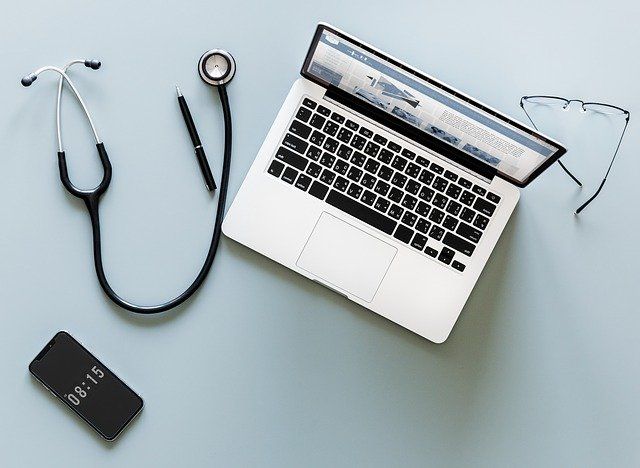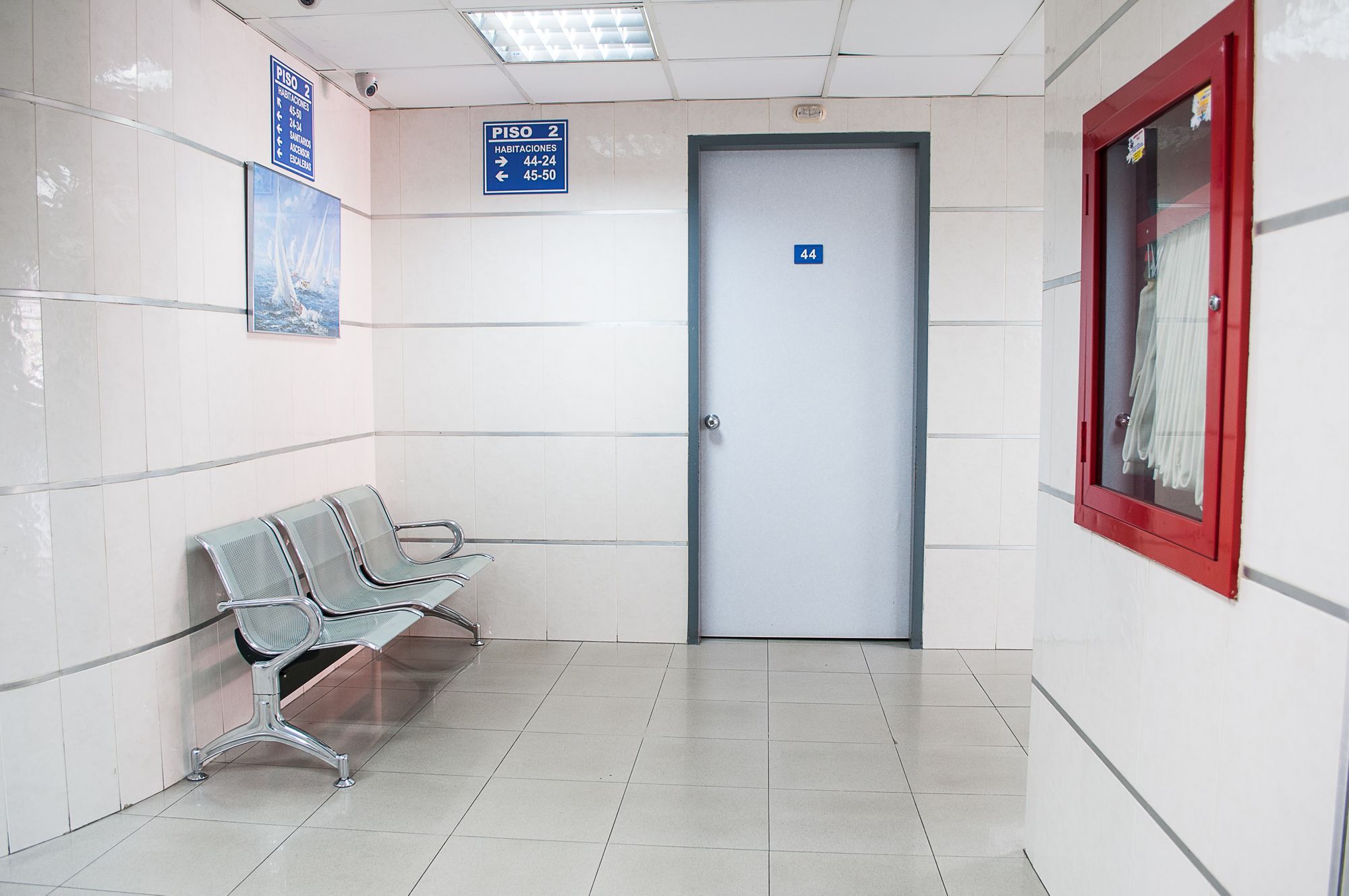I Think I May Have Caught An STD… Now What?
updated on Dec 6, 2019

If you’re worried you may have caught an STD, it’s important to get answers (and treatment) as soon as possible – but for some of us, that’s easier said than done. We run through everything you need to know about getting tested
We’ve all heard about the risks of STIs and STDs, but are we really aware of how common some sexually transmitted infections and diseases can be? According to Lets Get Checked, in the UK someone is diagnosed with an STD every four minutes.
Most, if not all of us know the risks of having unprotected sex, yet many may be surprised that you don’t need to have intercourse to risk an STI. Sharing everyday items including lip balm, lipstick and towels, as well as more personal items such as razors or sex toys can all carry a risk.
Founder of Better2Know, Michael Asher, commended on the recent statistics which warned late diagnoses are up to 70 in some rural towns in England.
“Campaigns to encourage HIV testing often focus on high-risk groups such as men who have sex with men. However, our analysis suggests that people in rural areas who have HIV may be more likely to be unaware of their status compared to areas where HIV is more prevalent.
“Some people with HIV can go 10 years or more without experiencing symptoms and with some polls finding that up to one in three young people have never had a checkup, it is important that everybody who is sexually active gets tested regularly.”
If you haven’t been tested recently or are worried about your health, it could be worth considering going for a check-up.

When to get tested
As explained by the NHS, many people who do get an STI experience no symptoms. Even if you feel fine, it can be worth getting tested as the sooner you know, the sooner you can get treatment and support if needed.
If you have had any kind of sex (anal, vaginal, oral) with men or women, it’s possible that something may have been passed on. There may not be any outward, visible sign of infection nor any symptoms, however, when left untreated, many STI’s and STD’s can negatively impact your health, and may even lead to infertility, organ damage, and serious long-term health problems.
It may be worth getting tested if you:
- are sexually active
- have had unprotected sex or had a condom break during sex
- are experiencing any symptoms such as pain while peeing; burning, itching or tingling around your genitals; blisters, sores, or lumps around your genitals or anus; have yellow or green discharge
- have a new sexual partner or relationship
- receive news that a previous partner is infected
Where to get tested
To find out where your nearest sexual health clinic is, visit the NHS website and enter your postcode or town. Some GP surgeries and community contraceptive clinics also offer free testing. Some may offer appointments, while others may have a drop-in clinic where you can turn up and wait.
You can also call the national sexual health line on 0300 123 7123 to find out more, or if you are under 18, call worth Talking About on 0300 123 2930.
At home STI testing kits are also available to order online or buy from your local pharmacy. You can pick up free, discrete and confidential STI testing kits from SH:24 online – however, this is not available free of charge in all areas of the UK.

Frequently asked questions and concerns
It’s completely natural to feel nervous or to have questions about what to expect when going for an STI test. We share some of the most common concerns and queries to help you feel more comfortable and confident in seeking help and support.
Do I need to make an appointment? It varies from clinic to clinic. Some offer walk-in appointments, whilst others require an appointment. It’s best to check with the service you plan to use in advance.
What is involved? An STI test may involve providing a urine or blood sample and examining your genitals. For men, a swab may be taken from your urethra. For women, a vaginal swab may be taken (this can also be self-taken).
Who will do my tests? Depending on the clinic, you may see a doctor or a nurse. If you would feel more comfortable speaking with a male or female medical professional, you can request this, but you may have to wait a little longer for someone to become available.
Are tests confidential? All information you provide stays confidential, no matter what age you are. Your GP won’t be told about your visit unless you give permission. If you would prefer, you don’t have to give your real name.
If you are under 16, staff will not tell your parents. The only time staff will tell other healthcare services is if they are worried a young person may be at risk of harm.
What will I be asked? Most commonly, a doctor or nurse will ask you questions about your sex life, sexual and medical history. You will be asked about when you last had sex, whether you used protection, as well as about any symptoms you may have experienced.
Do I have to ask for specific tests? The doctor or nurse will ask questions to help build up a picture of what tests need to be done. If you have any specific concerns, you can speak with them about these.
Will staff judge me? No. Staff at these clinics perform these tests for all kinds of infections throughout their working week. Part of their job is to provide information and support without judgement. Staff will do their best to explain everything and help you feel at ease.
How long does it take to get my results? Some tests you will get your results (and treatment) on the same day, whilst others can take up to two weeks.
How will I get my results? If your results aren’t available during the course of your visit, the clinic will need to contact you at a later date. You can ask to receive your results by unmarked letter, text, or phone – whichever works best for you.

Dealing with a diagnosis
If you do have an STD or STI, it’s important to know that most can be successfully treated.
Common STDs such as chlamydia can be treated with antibiotic tablets over a short period of time, whilst syphilis and gonorrhoea are treated with an antibiotic injection and tablet. Others such as genital warts can have a variety of treatments ranging from topical creams to freezing or surgery.
Other STDs including genital herpes and HIV currently have no cure. For genital herpes, antiviral medication can be used to stop symptoms from getting worse, and cream can be used to help alleviate pain.
If you are diagnosed with HIV, antiretroviral medicine can stop the virus replicating, allowing your immune system to repair itself and preventing further damage. Find out more about HIV and AIDS myths, misconceptions, and how you can find help and support.
If you have been diagnosed, it is important to give yourself time and space. It’s ok to not be ok, to be emotional, to feel angry or upset. There’s no need to push yourself; taking time to acknowledge and validate how you are feeling can be cathartic, and better for your mental wellbeing than bottling up your emotions and trying to push through.
It’s important to speak with an expert if you have any worries, questions or concerns. Particularly if you have done an at-home testing kit or have relied heavily on web search results to find out more of your information, it can be reassuring to instead speak with a qualified healthcare professional. They will be able to provide more tailored help and support for your unique situation.
You may feel embarrassed or ashamed, but speaking with a loved one about your diagnosis can provide vital emotional support. Similarly, it may feel overwhelming, but informing past partners is important in helping stop the spread of STDs. If you can’t face speaking to them directly, there are anonymous text alert options available.
If you have received an ongoing diagnosis, or are struggling with your mental health, Joining a support group or trying group therapy may be beneficial, as this can offer the opportunity to speak with others who are going through similar issues or situations. To discover more about the benefits of group therapy, visit Counselling Directory.

